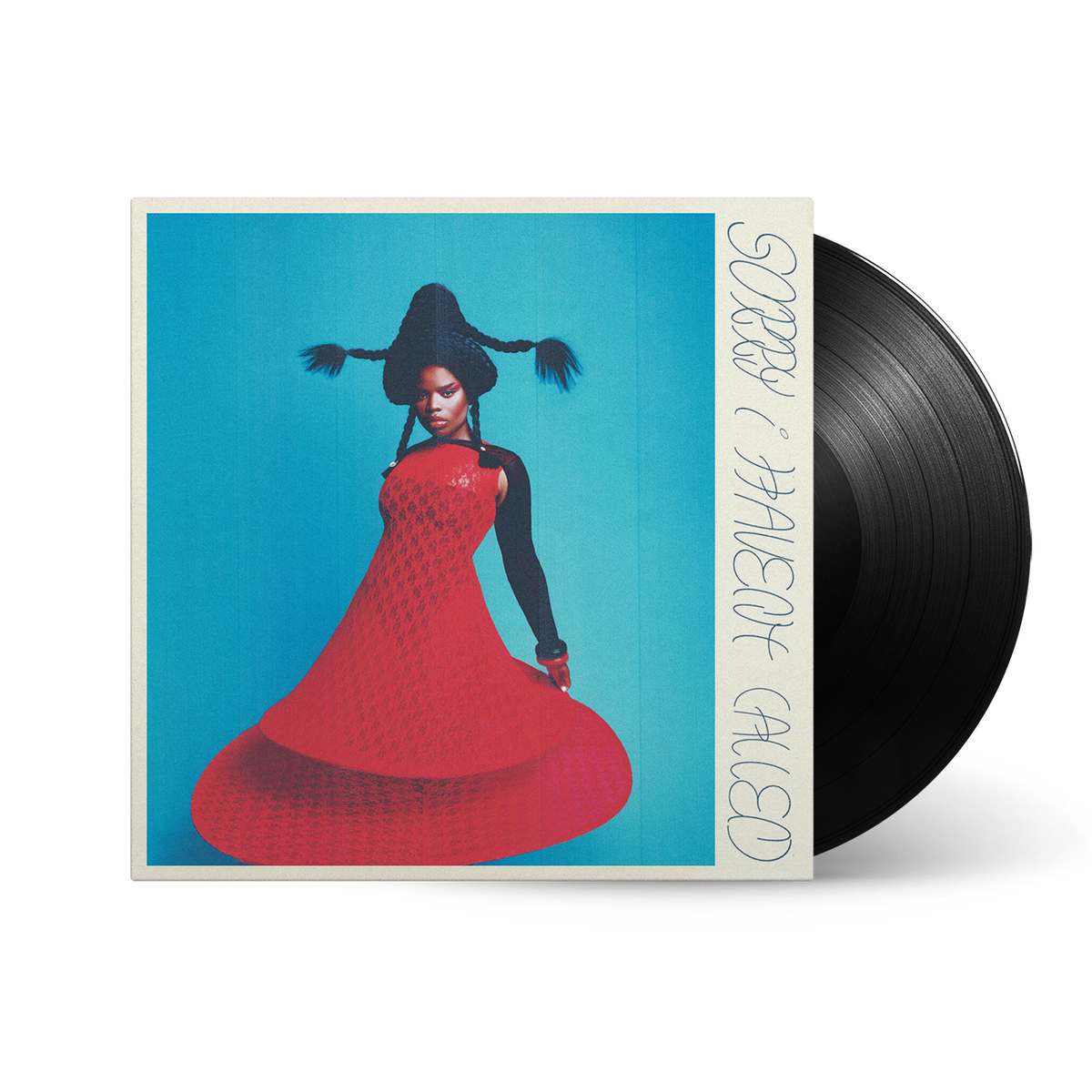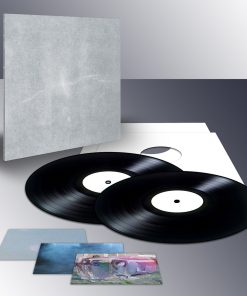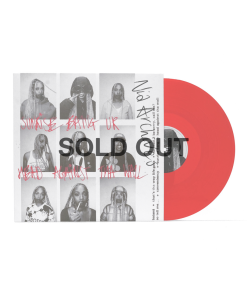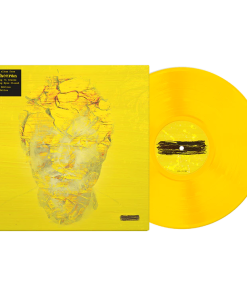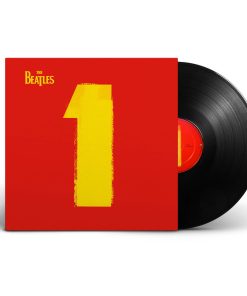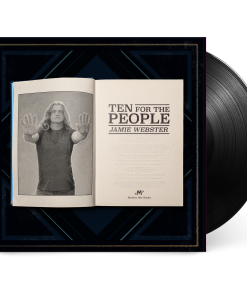Sorry I Haven’t Called: Vinyl LP Vagabon
$ 31,99 $ 19,19
Nonesuch releases Sorry I Haven’t Called, the new album by Vagabon, the moniker of Lætitia Tamko. Co-produced by Tamko and Rostam (Vampire Weekend, Haim, Clairo), it finds Tamko reinventing herself once again and features the most playful and adventurous music of her career, as evidenced by its lead track and opening song ‘”Can I Talk My Shit?”.
“I didn’t feel like being introspective,” says Tamko of her new album. “I just wanted to have fun.” Following her intimate 2017 debut Infinite Worlds, the New York artist favoured expansive and evocative electronic textures in her breakthrough 2019 self-titled follow-up. But her latest album feels like a wholly new era for Tamko, one that’s transformational and uncompromising. Across 12 vibrant tracks she wrote and produced primarily in Germany, she channels dance music and effervescent pop through her own confident sensibilities. These conversational songs are alive and unselfconscious, a document of an artist fully embracing her vision and reclaiming her joy.
The first words she sings on the album are, “Can I talk my shit? / I got way too high for this.” It’s a statement of purpose for the rest of the album that this is an unapologetic artist. “This whole record is how I talk to my friends and how to talk to my lovers,” says Tamko. “I think honesty and conversational songwriting can become poetry. There’s beauty in plainly speaking without metaphors and without flowery imagery.”
The story of Sorry I Haven’t Called started in grief after Tamko’s best friend died in 2021. This devastating and unexpected loss unmoored Tamko but also gave her a newfound clarity. “The things that I thought I cared about, I no longer cared about,” she says. “I had a realisation that I need to make sure to feel everything that comes my way.” She decided to sell her things and move to a small lakeside village a few hours north of Hamburg in northern Germany to process everything. “There’s no linear path to grief, and everyone handles it differently, but uprooting my life just felt like exactly what I had to do,” says Tamko. “I needed a place to think and go through my discomfort privately but to also explore the newness and urgency I was feeling in my life.” In the village, her phone didn’t work and there were no close grocery stores or restaurants, so she spent her time alone working on music.
Despite the palpable absence in her life, her new songs were her most disarming and ebullient yet. The first one she wrote was ‘Carpenter’, a mesmerizing track anchored by a tangible bass groove, where she sings, “I wasn’t ready to move on out / but I’m more ready now.” It’s a fully-realised track and feels like the culmination of her catalogue so far. “A lot of the music that I was making there had nothing to do with my grief at all,” says Tamko. “Once I gave myself permission to make a record that’s full of life and energy, I realized that’s the point of this album. In the midst of going through all of these tough things, it became a record because of the vitality that these songs had.” For Tamko, there’s power in pursuing happiness.
While writing in Germany, Tamko nurtured her love for dance music and let it seep into her new songs. “The only things that were giving me access to a feeling were dance music and going to a rave in an extremely dark club where if I wanted to cry, I could do it and be around other people,” she says.
After a few months in Germany that included marathon writing sessions and a whirlwind romance, Tamko decided to stay with friends in Los Angeles and finish her record. She enlisted co-producer Rostam to help her unify her vision.
Sorry I Haven’t Called is a warm and resilient album about embracing the ecstatic moments wherever you can by knowing how you love and how you mourn. It’s an album born of both communal dancefloor revelations and the clarifying peace from solitude, an emotional rebirth as well as an artistic one. “This record feels like what I’ve been working towards,” says Tamko. “When I think of this album, I think of playfulness. It’s completely euphoric. It’s because things were dark that this record is so full of life and energy. It’s a reaction to what I was experiencing at the time, not a document of it.”
Fast Delivery and Professional Packaging
Our long-standing relationship with UPS FedEx DHL and other carriers around the world gives us the ability to provide various shipping options. Our warehouse personnel will pack all goods to our exacting requirements. Your goods will go through an extensive inspection and will be securely secured prior to being shipped. Every day we ship thousands of packages to clients from all over the world. This is a sign of our determination to be the largest online retailer in the world. There are distribution centers and warehouses in Europe and the USA.
Orders that contain more than 1 item are assigned processing periods in accordance with the item.
Prior to shipment, all purchased items will be thoroughly inspected. The majority of orders are shipped within 48 hrs. Delivery is expected to take between 3 and 7 days.
Returns
The stock is dynamic and we do not completely manage it because multiple parties are involved, which includes our factory and warehouse. The actual stock can fluctuate at any time. It's possible that the stock may run out after your order has been processed.
Our policy lasts for 30 days. Unfortunately, if thirty days have passed from the date you purchased the item, we will not be able to offer you a return or exchange.
The item should not be used, and it must be in the original packaging. The item should be in the original packaging.
Related products
Vinyl LP
Vinyl LP
Vinyl LP
Vinyl LP
Vinyl LP
Vinyl LP
Vinyl LP
Vinyl LP
